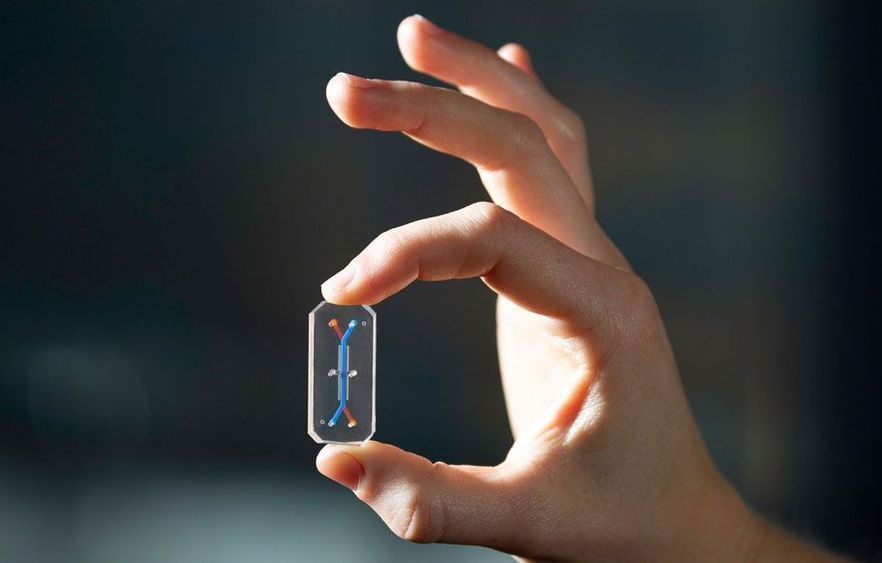A lab-grown liver stand-in may better predict bad responses to drugs than animal testing does.
A human “liver chip” — liver cells grown on a membrane along with several types of supporting cells — formed structures reminiscent of bile ducts and reacted to drugs similarly to intact livers, researchers report November 6 in Science Translational Medicine. Similar rat and dog liver chips also processed drugs like normal livers in those species, allowing scientists to compare human liver cells’ reactions to drugs to those of the other species.
Rats, dogs and other animals are often used to test whether drugs are toxic to humans before the drugs are given to people. But a previous study found that the animal tests correctly identified only 71 percent of drug toxicities.










Comments are closed.